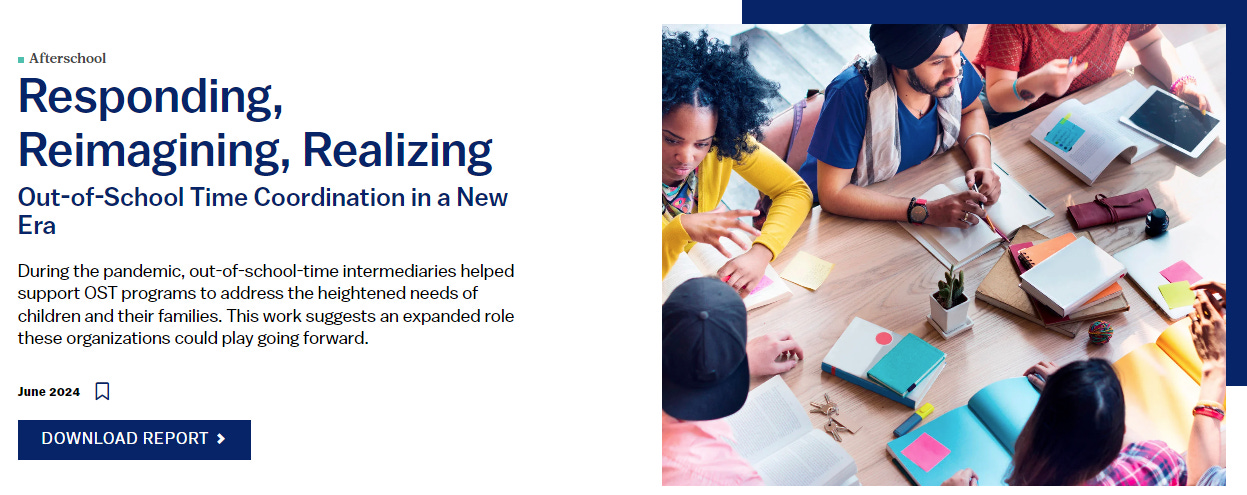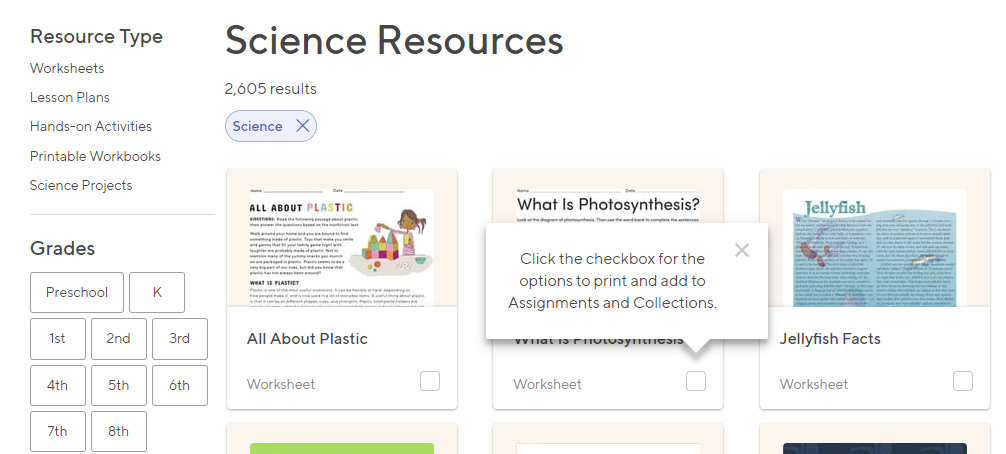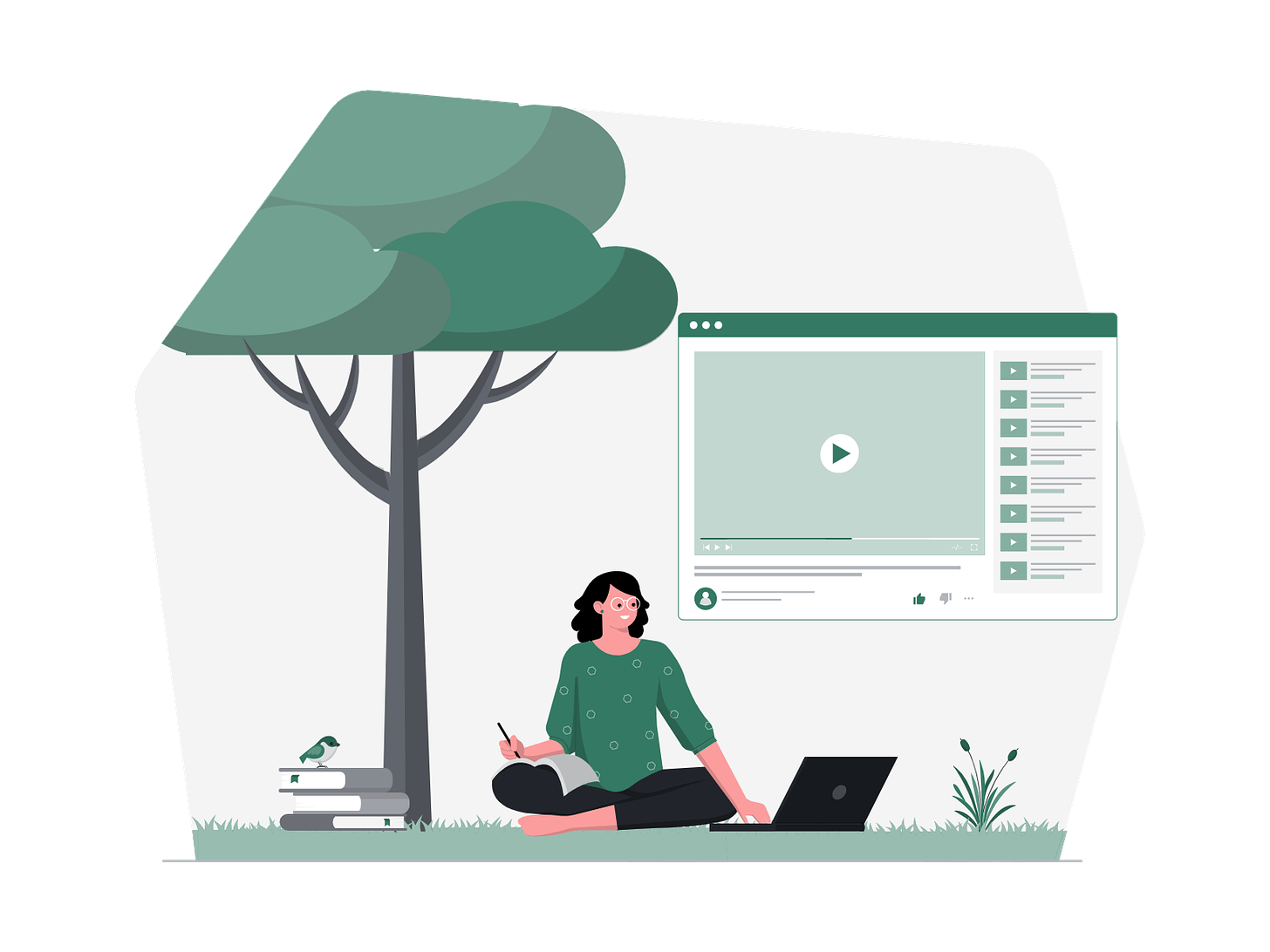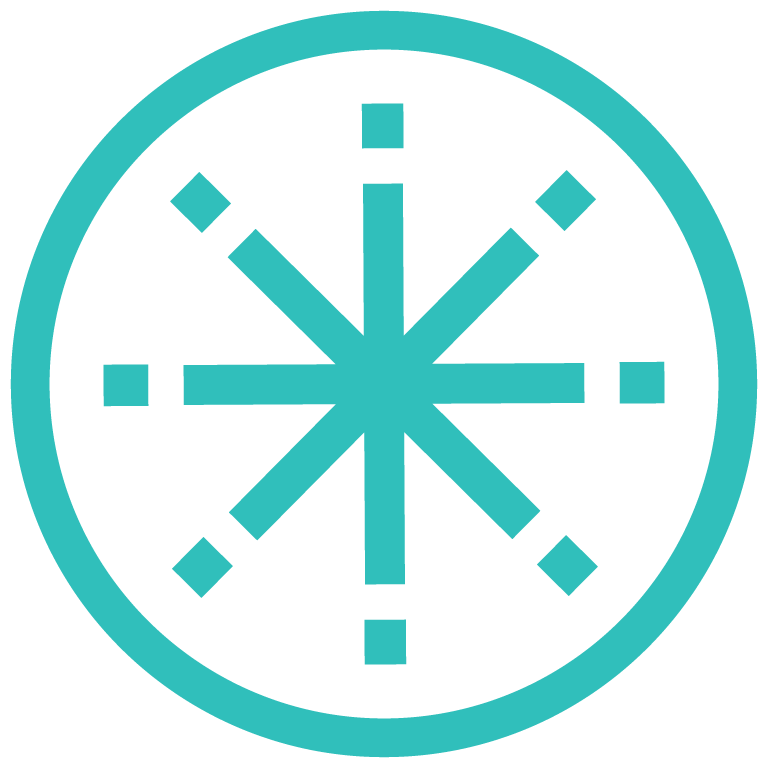Sweating the Small Stuff: Evaluation Project Planning
Welcome to Insights & Opportunities: A Hub for Informal STEM Education! Insights & Opportunities is a twice-monthly newsletter for educators, administrators, legislators, and advocates who recognize the importance of informal STEM learning.
This newsletter is brought to you by me, Sarah Dunifon, and my team at Improved Insights. I’m a long-time STEM educator, researcher, and equity advocate. Along with my team, I now work on cutting-edge informal STEM learning research and evaluation.
Each edition of this newsletter offers exciting insights, resources, and opportunities for informal STEM learning professionals, including funding, jobs, professional development, informal STEM learning research, evaluation tips and resources, and so much more! We hope you find it valuable. Now, let’s get started.
Sweating the Small Stuff: Evaluation Project Planning
In the month of July, we are turning the mic over to Emily Neill, Evaluation Assistant at Improved Insights. Emily joined the Improved Insights team at the end of 2022 as an administrative assistant and has gradually taken on more responsibilities related to evaluation and research. Her combination of critical thinking skills, aptitude for organization, and love of learning have been assets in a variety of roles throughout her career, including operational support and project management.
In this post, Emily will discuss the value of a detail-oriented mindset and how a strong infrastructure is key to program success. Without further ado, let’s get into it.
-
For as long as I can remember, I’ve been a gal who has focused on the details. I love the process of slowly uncovering a new subject or process that I did not understand before. Getting to know a topic intimately, picking apart its pieces, and putting them back together is how I would willingly spend most of my time given the option. Luckily, I’ve found myself in a cross-section of careers (both the evaluation and project management worlds) where this mindset is valuable.
In the corporate world, well-intentioned leaders frequently repeat idioms like, “Don’t sweat the small stuff!” and “Don’t miss the forest for the trees!” Though these phrases have become ubiquitous for good reason, in this post, I’d like to discuss a side of project planning that is often overlooked: the details.
The beginning stages of a project can be exhilarating. Brainstorming and ideation require enthusiasm, passion, and a willingness to speak one’s mind. In this phase, it is great to “throw spaghetti at the wall” and see what sticks. But what happens when the creative phase has concluded? The next step is to shift to the less exciting, but no less essential, implementation phase. An initiative’s success often does not hinge on the quality of its ideas, but on whether the scope can be broken down into actionable, achievable steps. The implementation phase is where folks like me - those dedicated to “sweating the small stuff” - thrive.
To read the full article, check it out in our Insights.
60-Second Suggestions
Here are a few of my favorite things this month, usually pertaining to informal STEM education and evaluation, but occasionally some fun personal stuff, too.
This recently published report from the Wallace Foundation examines how “Out-of-School Time (OST) Intermediaries” - entities that coordinate and support a community’s afterschool programming - responded to the tumultuous educational conditions of the 2020 COVID-19 pandemic. Researchers gathered responses from focus groups in 12 cities across the United States and broke down pandemic responses into three categories. By diving into these categories, the report sketches a vision for how OST intermediaries will continue to devote their efforts in the future based on pandemic-era adaptations.
A survey currently being conducted by a group of researchers from the LIFEWays project and four partner organizations, seeks to center Indigenous Ways of Knowing in informal learning spaces, with the ultimate goal of fostering culturally respectful education. They invite all to engage and share their insights and reflections on including Indigenous Ways of Knowing in their work.
Looking for STEM activities to keep your kiddos engaged this summer? Check out this page of resources from Education.com. Worksheets, science projects, hands-on activities, and tons of other fun STEM-related activities can be downloaded for free. You can even sort by grade level and subject, and curate your own collection of resources!
Opportunities
Check out these new opportunities for the informal STEM learning community.
Funding:
2024 Grant Program, The Brown Family Foundation, $5,000-$50,000. Nonprofits in North Carolina, South Carolina, and Georgia are invited to apply for program funding for human service projects that value the power of education, support humanitarian needs, and advance the care and well-being of others. Priority will be placed on initiatives that have a measurable impact and contribute to positive social change. Letters of intent are due August 2, 2024.
Community Grants Program, The Denver Foundation, $20,000-$50,000. Nonprofits in Metro Denver are invited to apply for funding for initiatives that focus on education and youth, among other areas. Initiatives should prioritize historically oppressed people with a focus on those who live in low-income and BIPOC communities. Applications are due August 1, 2024.
Gulf Futures Challenge, Lever for Change, $1 million-$20 million. Nonprofits, local, state, and tribal governments, and academic institutions are invited to apply for funding to support initiatives that apply, translate, or communicate science, engineering, or medical knowledge to produce inclusive, innovative, and transformative solutions to key challenges facing the Gulf region. The Challenge will prioritize projects that address three areas: The Future of Energy Transition; The Future of Environmental Change along the Coast; and The Future of Healthy and Resilient Communities. Interested applicants must register to apply by August 20, 2024.
Impact KC, Greater Kansas City Community Foundation, $5,000-$15,000. Four organizations in the greater Kansas City area will receive funding for programs that demonstrate a substantive impact in a variety of focus areas, including education and youth services. Applications are due August 30, 2024.
Year 2: Request for Proposals, Environmental Justice Data Fund, $250,000-$500,000. Nonprofits serving frontline communities (as defined by the grant) will be eligible for funding to support approaches to data utilization that advocate for environmental justice at local and regional levels. An informational webinar will be held on July 16, 2024. Grant applications are due August 30, 2024.
Jobs and Fellowships:
Chief Executive Officer, National Children's Museum (Washington, D.C.), $250,000. The CEO will be an accomplished leader who sets a compelling vision for the power of informal learning environments. The CEO will be both a leader and coach, and will understand effective design and implementation of staff management and organizational structures. A resume and letter of introduction are due by August 6, 2024.
Conservation Education Manager, Wildlife Forever (White Bear, MN), $45,000. The Conservation Education Manager will assist with the development and promotion of educational programs, specifically the Art of Conservation youth program. Additional responsibilities will include the expansion of program participation, creation of educational resources, and co-management of promotional events. Applications are due July 26, 2024.
Deputy Director/Chief Operating Officer, Coastal Discovery Museum (Hilton Head, SC), $80,000. The Deputy Director/COO will serve as the leader of the organization's day-to-day operations, including staff leadership, identification of best practices, and budgeting. They will lead and manage exhibits, collections, and museum programs and lead DEIA efforts.
Manager of Education Programs, New York Aquarium (Brooklyn, NY), $68,000. The Manager of Education Programs will support high-quality STEM and nature-based learning at the aquarium, and advance conservation education through aquarium programming. They will oversee and support staff, lead educational programming, and develop program curricula. Applications are due July 17, 2024.
Program Coordinator, Rock Creek Conservancy (Bethesda, MD), $45,000. The Program Coordinator will support program operations and administration, including coordinating volunteer and other program events. They will also curate newsletters, maintain a program calendar, and lead events for private groups. Applications are due August 2, 2024.
Professional Development:
ANCA Summit 2024: Natural Spaces Urban Places, Association of Nature Center Administrators (ANCA), September 9-13, 2024 (Memphis, TN). The ANCA annual summit provides a professional development opportunity for leaders of nature centers, outdoor schools, and related organizations to focus on leadership practices and explore knowledge, strategies, and resources related to their work. The conference will take place in Memphis, TN, September 9-13, 2024, and registration is open through August 30, 2024.
ASTC Chicago 2024, Association of Science and Technology Centers (ASTC), September 28-October 1, 2024 (Chicago, IL). ASTC will hold its annual conference in Chicago, IL from September 28-October 1, 2024. The conference will host a global community of science-engagement professionals, leaders in science and technology centers, and museums for plenary and professional development sessions. Early bird registration ends August 12, 2024.
Polar Educators, Polar STEAM, 2025-2026 (Virtual, Arctic, and Antarctic Deployments). Polar STEAM is recruiting educators for 2025/26 collaborations with polar researchers in creating educational resources about polar regions and science. Applications are open for Arctic and Antarctic deployments as well as virtual collaborations in both regions. This opportunity is open to community college and minority-serving institution faculty, middle and high school educators, and informal educators. Applications are due August 4, 2024.
Project Brainy, The Institute for the Study of Resilience in Youth (ISRY). The Institute for the Study of Resilience in Youth (ISRY) is seeking out-of-school time leaders to implement Project Brainy, a curriculum for middle school youth (grades 6 through 8) that focuses on social-emotional development, science learning, and literacy skills while supporting youth mental health. Those interested in implementing the curriculum should apply by August 2, 2024. Selected facilitators will receive a $1500 stipend upon project completion.
Thanks for tuning in to this edition of Insights and Opportunities. While you’re waiting for the next edition, tell your friends! We appreciate you sending along a blog post you enjoyed, a job opportunity you think a friend should apply for, and resources you found valuable. Sharing this newsletter is the best way to support this work. Until next time - thanks!










